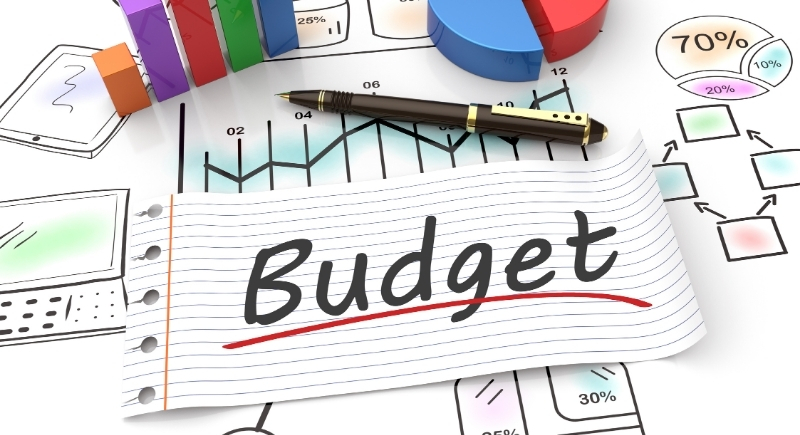I’m Obsessed With Saving Money and These Are the Mistakes That Drive Me Crazy
I’ve tracked every dollar for years, from groceries to insurance. What bothers me isn’t the rare splurge but the everyday leaks that never stop. Outdated advice, careless habits, and thoughtless spending chip away at savings bit by bit. Those quiet mistakes add up fast, and they’re the ones I can’t ignore.
Letting Lifestyle Creep Eat Your Raises

Credit: Getty Images
Every time your income jumps, your expenses shouldn’t sprint to catch up. But somehow, that upgraded paycheck melts into takeaway orders, gadget upgrades, and fancier rent. It’s called lifestyle creep, and it’s stealthy. Keeping your spending flat for a while is the sneakiest and easiest way to save faster.
Thinking Short-Term With Every Dollar

Credit: pexels
Treating your budget like a to-do list of bills misses the point. What’s your money for? Without a longer-term focus, it becomes a shuffle of payments. But when your plan includes goals like early retirement or a down payment, everyday spending choices feel more like moves on a chessboard.
Tackling Large Debts Without Negotiating

Credit: Canva
If you’re carrying over $10,000 in unsecured debt, trying to chip away at it alone can take years. Debt relief companies aren’t a magic wand, but they can reduce your balances significantly. The average savings after fees is nearly a quarter of the total owed. That’s not small change.
Avoiding Financial Advisors Because You “Don’t Need One”

Credit: Canva
Plenty of people assume advisors are just for people with yacht problems. The reality is they help regular folks avoid preventable messes, such as tax mistakes, poor investment mixes, and lost retirement years. A second brain for your money can be worth more than squeezing extra pennies out of your coffee budget.
Refusing To Budget Because It Feels Restrictive

Credit: Getty Images
There’s a misconception that budgeting is all about sacrifice. Actually, it’s closer to a GPS for your cash. It tells your money where to go before it wanders off. Without it, spending decisions pile up emotionally. With it, you get clarity, and yes, room for fun, too.
Setting No Goals And Fearing The Big Ones

Credit: pixabay
Some people avoid dreaming big because it feels out of reach. That “why bother” mindset creates a low ceiling before you’ve even started. Goals don’t need to be rigid, but they do need to exist. Otherwise, your financial choices drift without direction, and progress slows to a crawl.
Overpaying For Car Insurance Out Of Habit

Credit: Canva
Loyalty in car insurance rarely pays off. Providers often give the best deals to new customers. A quick annual comparison using a third-party site like Coverage.com can turn up hundreds in savings. Staying put might feel simpler, but it could be costing you more than you realize.
Trusting Big Online Retailers Without Checking

Credit: Getty Images
Most people don’t comparison shop when buying online, and retailers know it. Amazon often charges more than smaller sellers for the same items. Browser tools like Capital One Shopping quietly scan for better deals and coupons in the background, saving money with zero extra effort.
Letting Emotions Drive Every Purchase

Credit: pixelshot
A hard day doesn’t require a retail reward. A good one doesn’t demand a treat either. Emotional spending often masquerades as self-care, but it drains your budget fast. Building in a 24-hour pause before buying something non-essential can curb this habit without feeling restrictive.
Avoiding Expert Advice Out Of Embarrassment

Credit: iStockphoto
People often assume they’re the only ones who don’t “get” money and stay silent out of fear. That silence is expensive. Asking one smart question can unlock answers that save you years of trial and error. Financial literacy isn’t innate. It’s earned, often by simply asking.
Using Low-Interest Savings Accounts

Credit: iStockphoto
Your emergency fund deserves better than 0.01% interest. Online high-yield savings accounts routinely offer rates 10–15 times higher with the same FDIC protection. That extra interest is free money doing quiet work while you sleep. If your cash is napping, it might as well earn while it does.
Spending To Keep Up With Others

Credit: pexels
It’s easy to slip into buying what friends or neighbors have—cars, clothes, trips—without stopping to ask if you even want those things. Chasing appearances, especially when debt is involved, pulls you away from your own goals. Real progress starts when you ignore the comparison game and focus only on what matters to you.
Undervaluing Skills That Could Earn You Money

Credit: pixelshot
Designing logos for friends, editing resumes, and fixing bikes feel like favors, but they’re also revenue streams. You don’t have to monetize every hobby, but if you’re regularly helping others with tasks that have market value, it’s worth asking whether some of that time should be billable.
Clinging To Outdated Money Beliefs

Credit: iStockphoto
Maybe someone taught you to fear credit cards. Or to keep all savings in cash. These beliefs often came from personal experience, but they’re not universal truths. Financial tools have evolved. Letting go of outdated advice is uncomfortable, but staying stuck can cost far more than reevaluating.